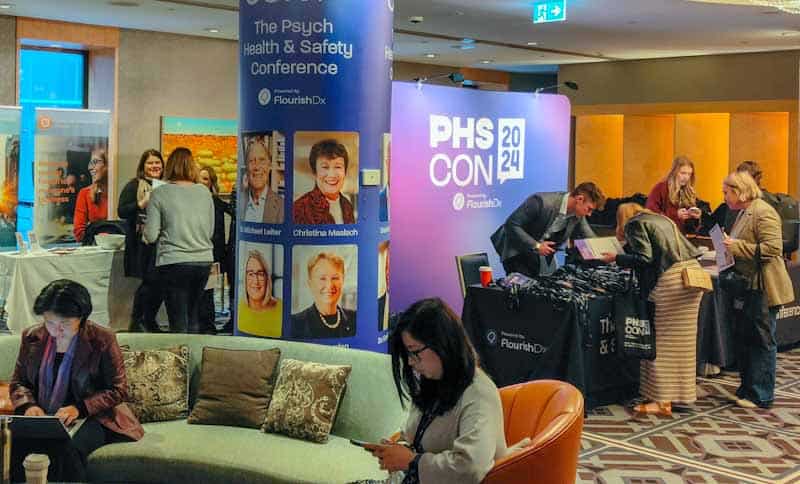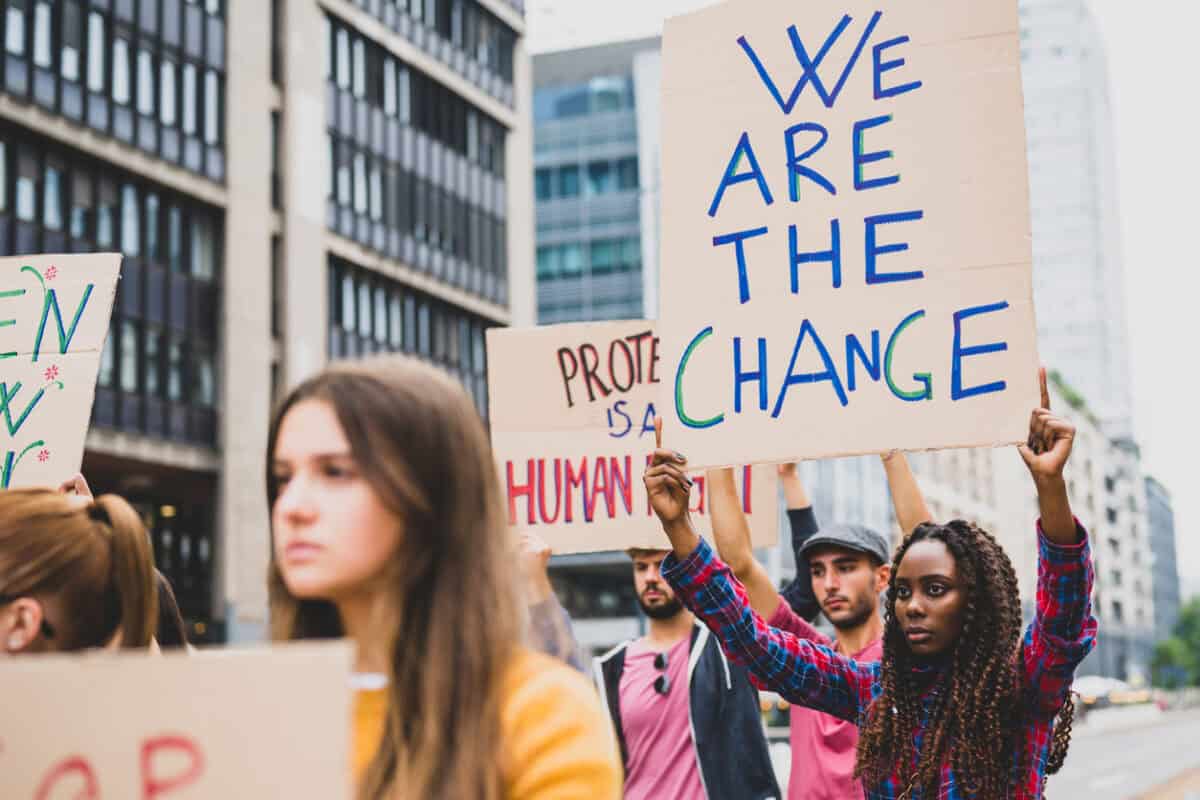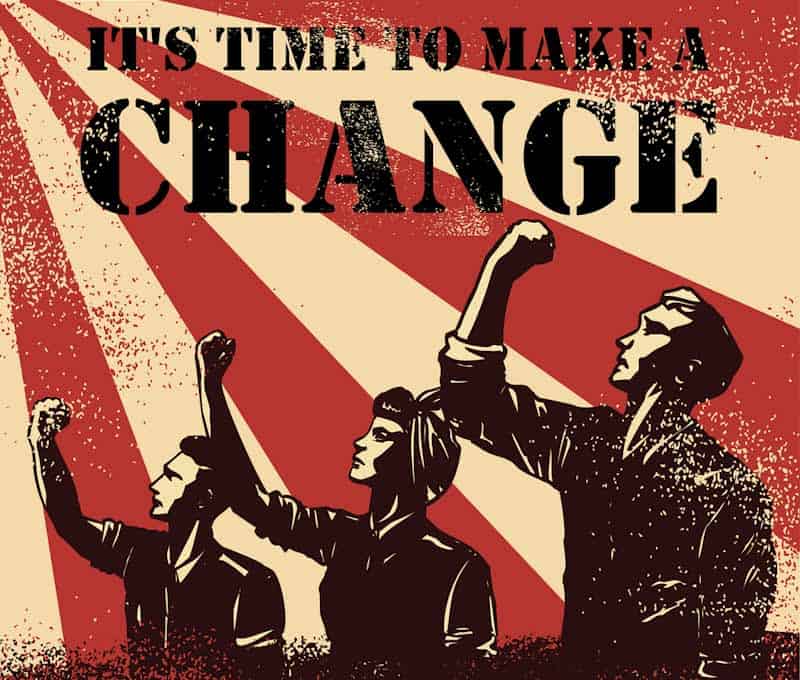Is the Psych Health and Safety Conference worth attending?
Recently, Sydney, Australia, experienced the inaugural Psych Health and Safety conference managed by Flourishdx, a prominent Australian consultancy that identifies and helps companies manage psychosocial hazards at work. There were around 400 delegates in person and online. The conference was a gamble for Flourishdx, and it largely paid off, but contrary to some of the …





